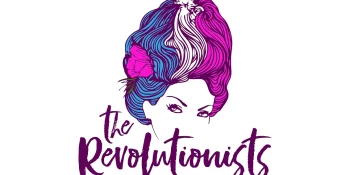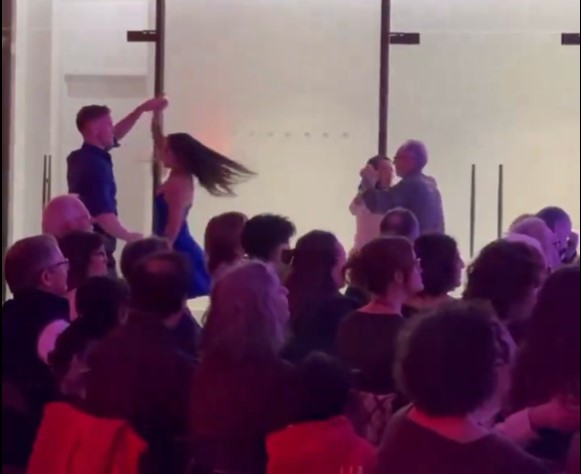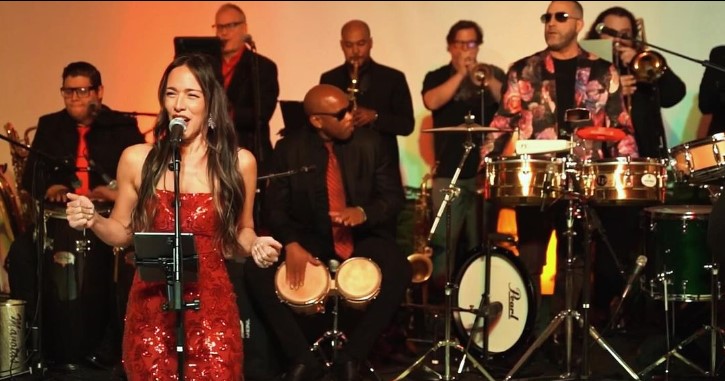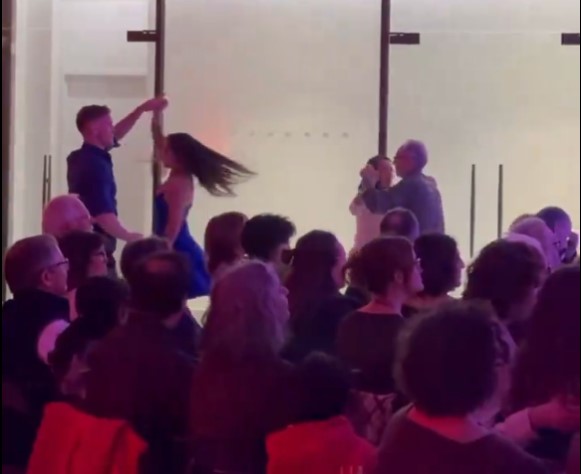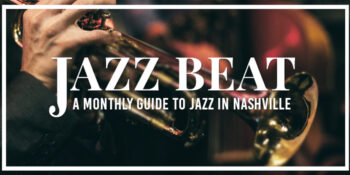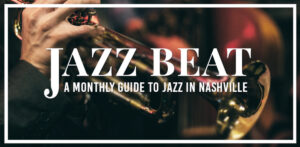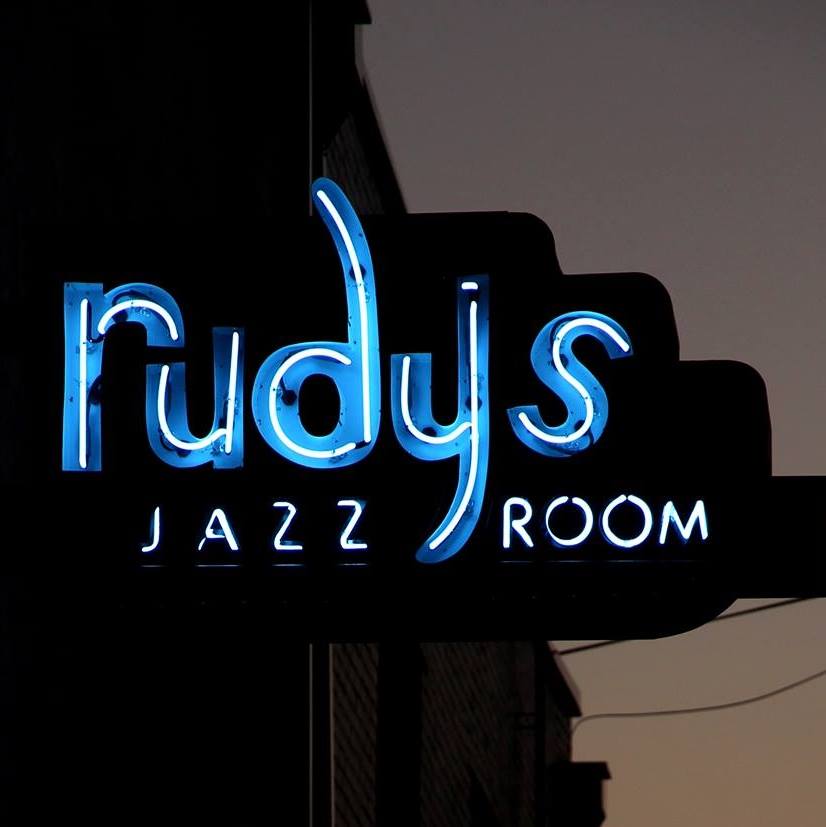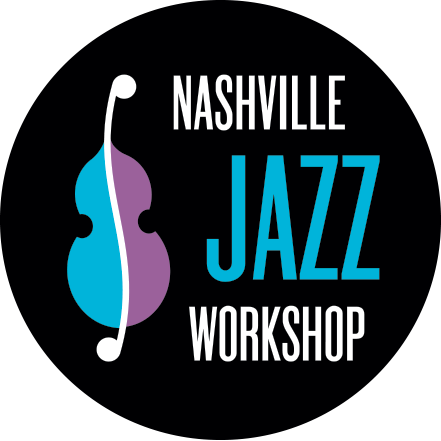The MCR Interview
Tenor Anthony Kearns on his Career & Upcoming Concert in Nashville
Anthony Kearns, an internationally acclaimed tenor, record producer and member of the Irish Tenors speaks with MCR journalist Sarah Queener on his life and career, his perceptions of the United States and country music.
Playing at TPAC
An Ethereal Little Musical about a ‘Jagged Little Pill’
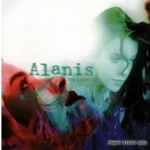
The album “Jagged Little Pill” was released on 13 June 1995 by Canadian-American singer Alanis Morissette. It was her third album and most successful to date, with over 33 million copies sold. It earned double diamond in sales, making Alanis Morissette the first Canadian to achieve the feat. Written and released in the prime days of post-grunge and alternative rock, it was Alanis’ first album in the genre, her previous two being pop/electronic. The album represented a huge shift in her musical style, and it had a huge impact on the music industry, earning nine Grammy nominations and winning five. To this day, the album holds significant influence on the music scene. The musical “Jagged Little Pill” by Broadway is an example of such.
I went to see the musical on March 1st, hosted at Andrew Jackson Hall in the Tennessee Performing Arts Center. Entering at the last minute, it was nearly sold out, almost every seat filled; the crowd was a melting pot of all of America’s generations, from early Baby Boomers to young Gen Zers, like myself. I hurried to my seat and sat down just as the lights dimmed.
The musical builds a story using the lyrics from all the songs of Jagged Little Pill. It centers around a nuclear family: a mother, Mary Jane Healy, her Harvard-bound son Nick Healy, her stubborn and activist daughter Frankie Healy and her workaholic husband, Steve Healy. Supporting characters include grungy teenager Jo and popular high schooler Bella. The musical follows the story of Mary Jane and her struggle with drug abuse and rape trauma, while pushing her son to be the best he can be for Harvard. Frankie, an adopted child, often feels inadequate and turns to activism and poetry to release her frustrations. She begins a relationship with Jo, whilst Mary Jane and Steve struggle with their relationship. Frankie cheats on Jo, and then Nick attends a high school party where Bella is drugged and raped. Mary Jane overdoses on fentanyl and finally reveals her rape survival story, prompting Nick to go to the police and testify as a witness. Frankie and Jo make up but choose to stay friends, and all together, the cast sings the anthemic “You Learn,” the second single release from Jagged Little Pill.

Overall, the writers did an excellent job creating a story from the songs of Jagged Little Pill. Alanis Morissette’s album is mostly formed of personal stories based on her life experience, particularly romantic relationships. The lyrics perfectly matched many of the scenes, especially the scene where Jo finds out Frankie cheated on her. She performs “You Oughta Know,” which was without a doubt the best performance of the entire musical. Jade McLeod’s voice is both smooth and gravelly, angelic and growly. While the instrumentalism of the original album is more typical of grunge and alternative rock (distorted guitar, keyboard, heavy drumming, slightly growly vocals), orchestrator Tom Kitt decided to add strings to the ensemble. This was a beautiful and genius touch to the arrangement, as the strings were much better at mimicking the emotions in several songs, particularly the closing song “You Learn.” At times, the storyline felt busy, since so many plotlines were happening at once in such a short time, as well as the choreography including at least a dozen dancers at any one time. However, the acting and vocals certainly make up for its flaws. To bring even more praise, I thought the costume design to be a genius of its own, with each outfit clearly reflecting the personality of the character (mom jeans and a simple top for mother Mary Jane, suit and tie for workaholic Steve, ripped sweater and shorts for rebellious Frankie, baggy jeans and sweater for alternative Jo).
This musical is a beautiful, ethereal masterpiece, built from another masterpiece, and absolutely worth the ticket. It beautifully encapsulates the music of Alanis Morissette and thoroughly and articulately tells the story of many heartbreaking experiences thousands of Americans go through every year. It was a hard watch, with many tears shed, but well done.
The MCR Interview
Conductor & Organist Wayne Marshall on His Upcoming Concert with the Nashville Symphony
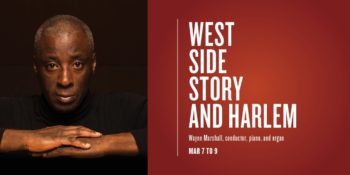
The MCR Interview: Journalist Daniel Krenz interviews British conductor, organist, and pianist, Wayne Marshall. Marshall is world-renowned for his musicianship and versatility on the podium and at the keyboard. On March 7-9, 2024 he will visit Nashville and conduct Edward Kennedy “Duke” Ellington’s Harlem, Francis Poulenc’s Concerto for Organ, Strings and Timpani (performing also as soloist), Leonard Bernstein’s Symphonic Dances from West Side Story, and George Gershwin’s Second Rhapsody for Piano and Orchestra.
The African Company Presents Richard III: Unbelievably True

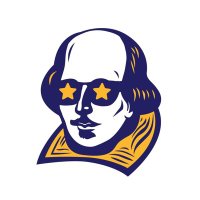
For their Spring Shakespeare presentation, the Nashville Shakespeare Festival did a staged reading of Carlyle Brown’s play The African Company Presents Richard III. Based on true events, the play is about an African American-run theater company in 1821 New York City, which is successful among the Black community, and is drawing in whites as well (who, ironically, are seated in a separate area in the back). Their latest success is a presentation of Richard III. But Stephen Price, the white manager of the Park Theatre, dislikes the idea of any competition between his production of Richard III and theirs, especially since his production is soon to premier, starring the famous British actor Junius Brutus Booth (this celebrity was a mentally ill alcoholic who, among other things, wrote a prank death threat to President Andrew Jackson, and whose son assassinated Abraham Lincoln). Price gets police cronies to shut down the African Grove Theatre over fire-code violations. Instead of allowing themselves to be defeated, the African Theatre decides to find a new location for their performances: a hotel ballroom right next to the Palace Theatre. Much of the play is spent on interpersonal tension in the African Theatre as they prepare for their production of Richard III in the new space and as an open act of defiance.
Besides the straightforward market competition between the two shows, Price views the production of Shakespeare by Blacks as presumption and culturally dangerous: it’s rather difficult to maintain the argument of racial superiority when the “inferior” race is producing popular productions of high art. As a sort of prologue, the poem “We Wear the Mask,” by Paul Laurence Dunbar (We Wear the Mask by Paul Laurence Dunbar | Poetry Foundation) is recited, emphasizing the later discussion of what it is to play a role in a play when you already have to play a role in your everyday life (For more discussion of this element in the play, see the MCR Interview with Direction Lawrence James:The African Company Presents Richard III: Interview with Director Lawrence James – The Music City Review).

After the prologue, the villain of the piece, Price, comes on stage to speak to the audience of his theater on its opening night, and explain that the disturbance caused by the Black theater next door is now over and its culprits are going to jail. The contemptuous open nineteenth century racism of his speech is an effective, shocking way to begin. It’s followed by a scene occurring two days before, as members of the African Company meet for rehearsal. They talk about their latest successful performance and we are introduced to the romantic tension between Jimmy and Ann, who play Richard III and Lady Ann. This play is rather an ensemble piece, with only seven characters and a pretty even dispersion of dialogue (The Constable Man, a pawn to Price, is the only minor role).
There is some direct comedy in the play: after complaining about Lady Ann’s fickleness in Shakespeare’s play, and the implausibility of her giving in to Richard’s wooing, Ann has a freudian slip in rehearsal with Jimmy, revealing her true feelings for him.There’s a witty bargaining scene between the head of the African Company, Willie, and Price, in which Willie wins the battle of wits but causes Price to determine to shut down the new production with the help of the police yet again. Jimmy and Ann argue and she decides to quit the production, and for a portion of the play the characters look for her. When she’s found, Papa Shakespeare, the rather eccentric older actor and drummer, acts as a go-between between the bickering couple, openly altering their messages in an attempt to get them together.
Many aspects of being Black in nineteenth century America are examined, from discussions of their acting talents, to their daily lives working for white people, and reminiscences about their pasts in the West Indies. The play is balanced: the villainy of the manipulative Price is shown to be weaker than the enterprising spirit of the African Company, whose resilience against overwhelming setbacks is the same continuing spirit that led to the Civil Rights Movement.

I saw the play at the Darkhorse Theater, February 22, and it lasted around two hours, with a ten minute intermission. As a staged reading, this play had no props and a simple stage design: five chairs in a line centerstage facing the audience, and six stools in the back for the actors to seat themselves while their characters were off-stage. The actors wore simple costumes, possibly from their personal wardrobes, and they hit the sweet spot of looking generally “old fashioned” without being too time specific. There was no music, except for a drumbeat that would play during some monologues of inspiration or remembrance, and the only audio effect was that of a riotous crowd.
Each member of the cast did a good job, and the five members of the African Company had a good vibe. My two favorite actors were Pierre Johnson, who played Papa Shakespeare, a character which calls for both comic eccentricity and an air of profundity despite misfortune, and Brian Webb Russell, who played the villain (a deliberately faint reflection of Richard III) with a booming, contemptuous complacency.
Some of the aspects of the plot involving romantic tension occasionally felt a little flat, but that was more due to the limitations of a staged reading as a format than it was any deficiency of acting: tension between characters is less palpable when they must frequently look down at their scripts. Director Lawrence James has expressed his wish to do a fully staged production of The African Company Presents Richard III in the future, and I can only second his wish.
Jagged Little Pill Comes to Nashville

Jagged Little Pill is a musical based on Alanis Morissette’s world-changing music which premiered on Broadway in 2019 and received 15 Tony nominations. Directed by Tony Award winner Diane Paulus (Waitress, Pippin, 1776) with a Tony-winning book by Diablo Cody (Juno) and a Grammy-winning score, this production is about a perfectly imperfect American family. The family deals with addiction, sexual violence, gender identity, race, and marriage issues, and whether it’s possible to deal with these while maintaining the social status quo.
In an interview about this musical, Alanis Morissette said she had originally not been interested in making a jukebox musical, and had only been willing to “if there were to be a story told that would match and intertwine and feel married to the music… [in this musical] these songs have taken on a new life in a way that expanded what I even knew possible.”
To see the interview with Alanis Morissette and the creative team behind the Broadway musical: Creative Team Pop Up Panel | Jagged Little Pill
Jagged Little Pill will be at TPAC March 1-2. For tickets and more information: Jagged Little Pill | TPAC®

